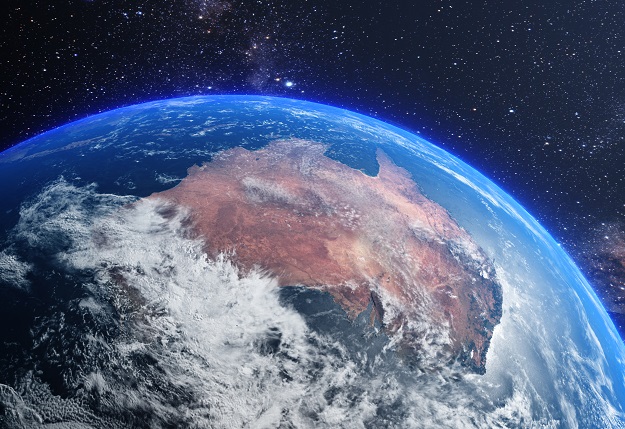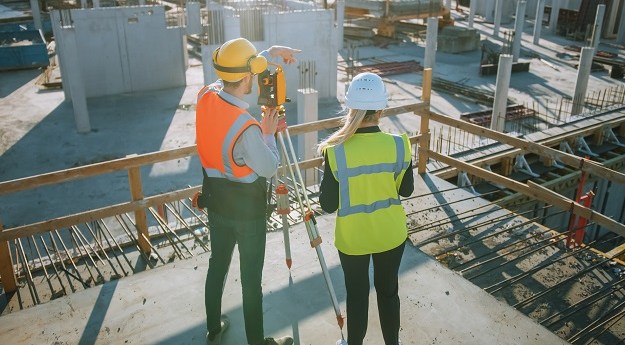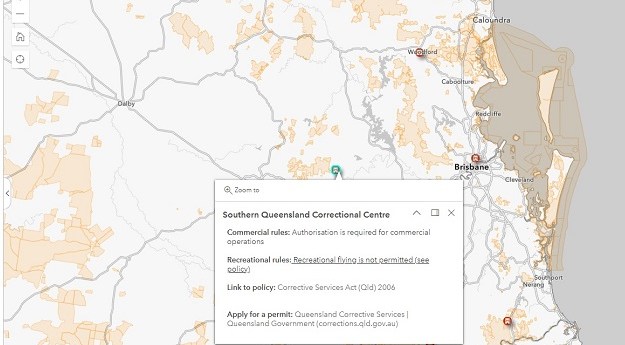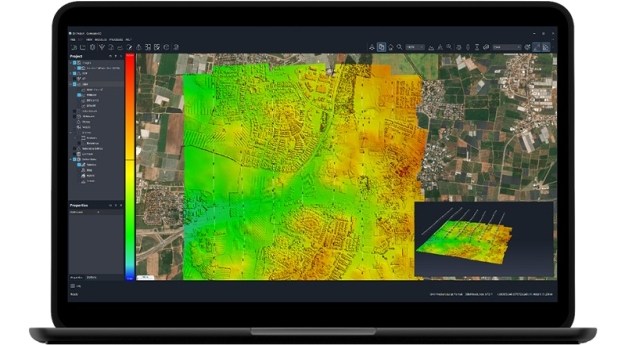
©stock.adobe.com/au/immimagery
EY Australia has announced the launch of a Space Tech hub with Swinburne University of Technology, after being awarded more than $3m from EY’s (formerly Ernst & Young) Global Strategic Innovation Fund.
The hub seals a Master Research Services Agreement between EY and Swinburne providing EY clients access to Swinburne capabilities including research students, academics and the OzSTAR supercomputer.
EY partner Anthony Jones will have oversight of the Space Tech hub, which will see four EY partners leading 15 support staff comprised of scientists, data and analytics, and AI specialists.
“The Space Tech hub will solve big business problems by focusing on the downstream side of space activity – utilising space-derived data and services for terrestrial benefit,” said Jones.
“We’ll be leveraging the capability of EY’s own astrophysicists, machine learning engineers and data scientists, as well as working with academics from Swinburne University of Technology, to help solve community resilience issues, drive decarbonisation initiatives, and aid in reducing the impact of natural disasters on communities.”
The Space Tech hub will work on three distinct outcomes for clients:
- Help communities and businesses respond quicker and better to the impact of natural disasters and climate change related pressures.
- Improve the safety and performance of our EY’s businesses through the adoption of Space Tech for managing and operating critical infrastructure and assets under challenged conditions.
- Create an ecosystem to solve problems of national interest in fields such as climate impact, land management, logistics, and defence.
“We are excited to be combining Swinburne’s world-leading research, technology and education capabilities with EY’s deep global connections and end-user insights to create sustainable Space Tech solutions to real-world problems,” said Professor Alan Duffy, Director of the Space Technology and Industry Institute at Swinburne.
“Through the use of ground-breaking technology, like the Swinburne OzSTAR supercomputer, and our access to the next-gen of talent, this partnership will ensure that Australia’s space industry is at the forefront of this global economic, environmental and social opportunity.”
The Australian space sector is growing at an annual rate of 7.1%, outpacing GDP. The Australian Space Agency has predicted that the nation’s space economy will grow to more than $8 billion and provide more than 30,000 jobs by 2030.
Stay up to date by getting stories like this delivered to your inbox.
Sign up to receive our free weekly Spatial Source newsletter.












